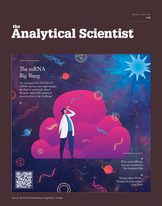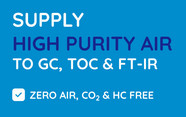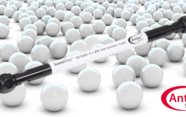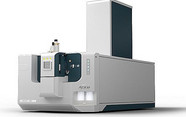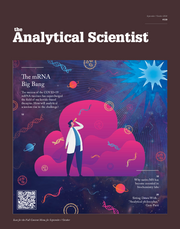Applying ‘MRM Spectrum Mode’ and Library Searching for Enhanced Reporting Confidence in Routine Pesticide Residue Analysis
contributed by Shimadzu |
Abstract
To help reduce the incidence of false positive and false negative reporting in pesticide residue monitoring routine multiple-reaction monitoring (MRM) methods have been enhanced to monitor a higher number of fragment ion transitions to increase specificity and reporting confidence. In this workflow, typically 6-10 fragment ion transitions were monitored for each target pesticide as opposed to a conventional approach using 2-3 fragment ions. By acquiring a high number of fragment ion transitions, each target pesticide had a corresponding fragmentation spectra which could be used in routine library searching and compound verification using reference library match scores. This ‘MRM Spectrum Mode’ was applied to quantify and identify 193 pesticides using 1,291 MRM transitions without compromising limits of detection, linearity or repeatability.
Log in or register to read this article in full and gain access to The Analytical Scientist’s entire content archive. It’s FREE!






